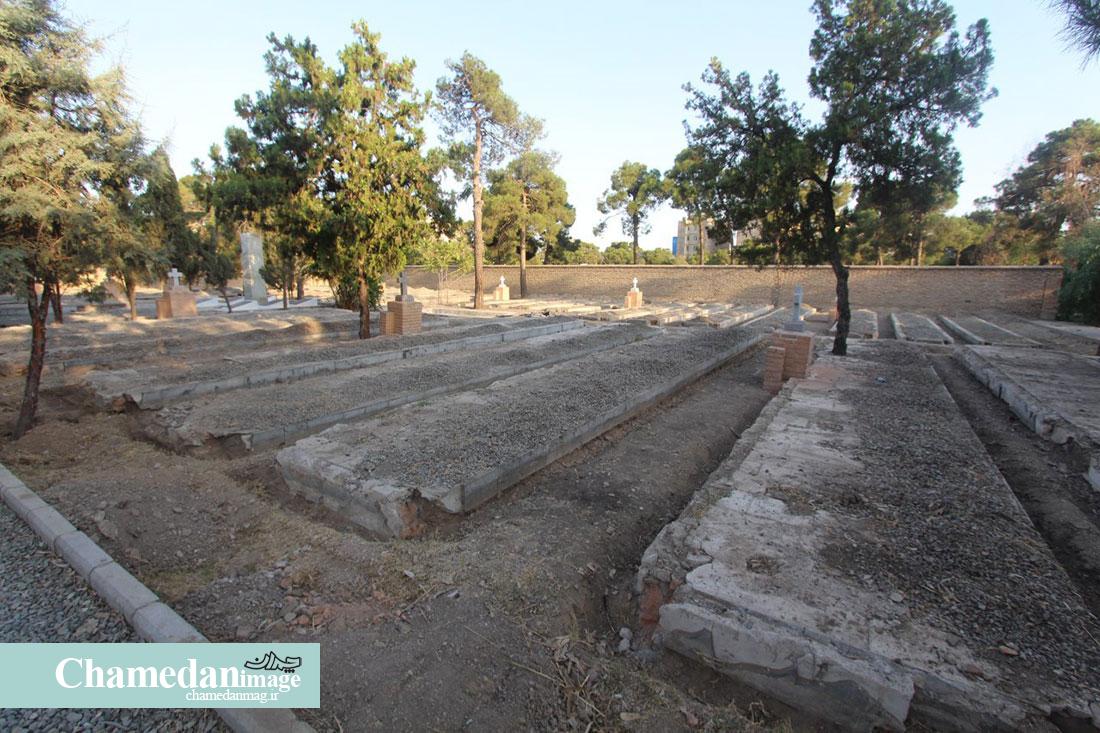The story of the presence of Poles in Iran goes back to World War II. It was in early 1942 when Allied Forces announced they intended to take Polish troops along with women, children and the elderly to the Iranian port city of Anzali and pass them through Iran. Nevertheless, harsh winter closed in on them coupled with a shortage of foodstuffs in Iran at the time.
Still, Iran housed around 3,000 of them in several areas in the capital, Tehran. Despite Iranians’ hospitality, around 1937 Poles passed away due to cold, a shortage of medicines, typhus and cholera, and were laid to rest at Doolab cemetery in west Tehran. Of them, 409 were soldiers and the rest were civilians.
Eight-hundred of them were buried in Mashhad, Anzali Port, Khorramshahr, Ahvaz, Isfahan and Qazvin, 10 were laid to rest at the British Embassy’s cemetery and 56 were taken to their final resting places at the Jews’ cemetery in Tehran. The Doolab cemetery, which contains the cemeteries of Armenians, Poles, the French, Russians, Georgians, Assyrians and the Greek, was registered on the country’s list of national heritage sites on June 6, 2000.
It was October 2017 when news spread that the tombstones of Poles at Doolab cemetery, which is a nationally registered historical site, had been destroyed and removed for renovation.
It came to light that some 2000 old gravestones had been removed during a plan to renovate and restore them, and it was not clear whether the tombstones had been destroyed or kept in a safe place. Comments by senior cultural heritage officials showed the renovation plan had been implemented without receiving the necessary permit from relevant authorities. That begged the question of who was responsible for pursuing the matter if the tombstones were intact and if there was a possibility of taking them out the country by the relevant embassy or some other individuals.
At the end, the Supreme Audit Court intervened in early 2018 and called on cultural heritage officials to take necessary action to keep the tombstones from being taken out of the country.
Customs officials were also notified, so that they would stop the historical gravestones from being taken out of the country.
Officials say the tombstones have apparently not been taken out of the country, yet. Some reports also suggest the historical gravestones have probably been returned to Tehran and are being renovated. Still, there has been no clear answer from authorities on the matter.
